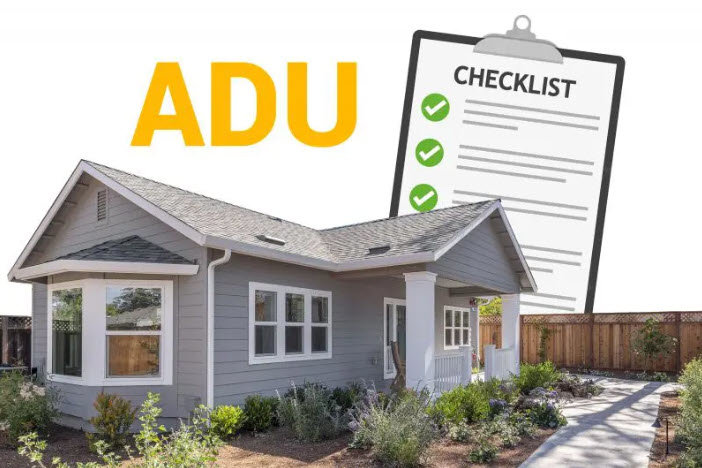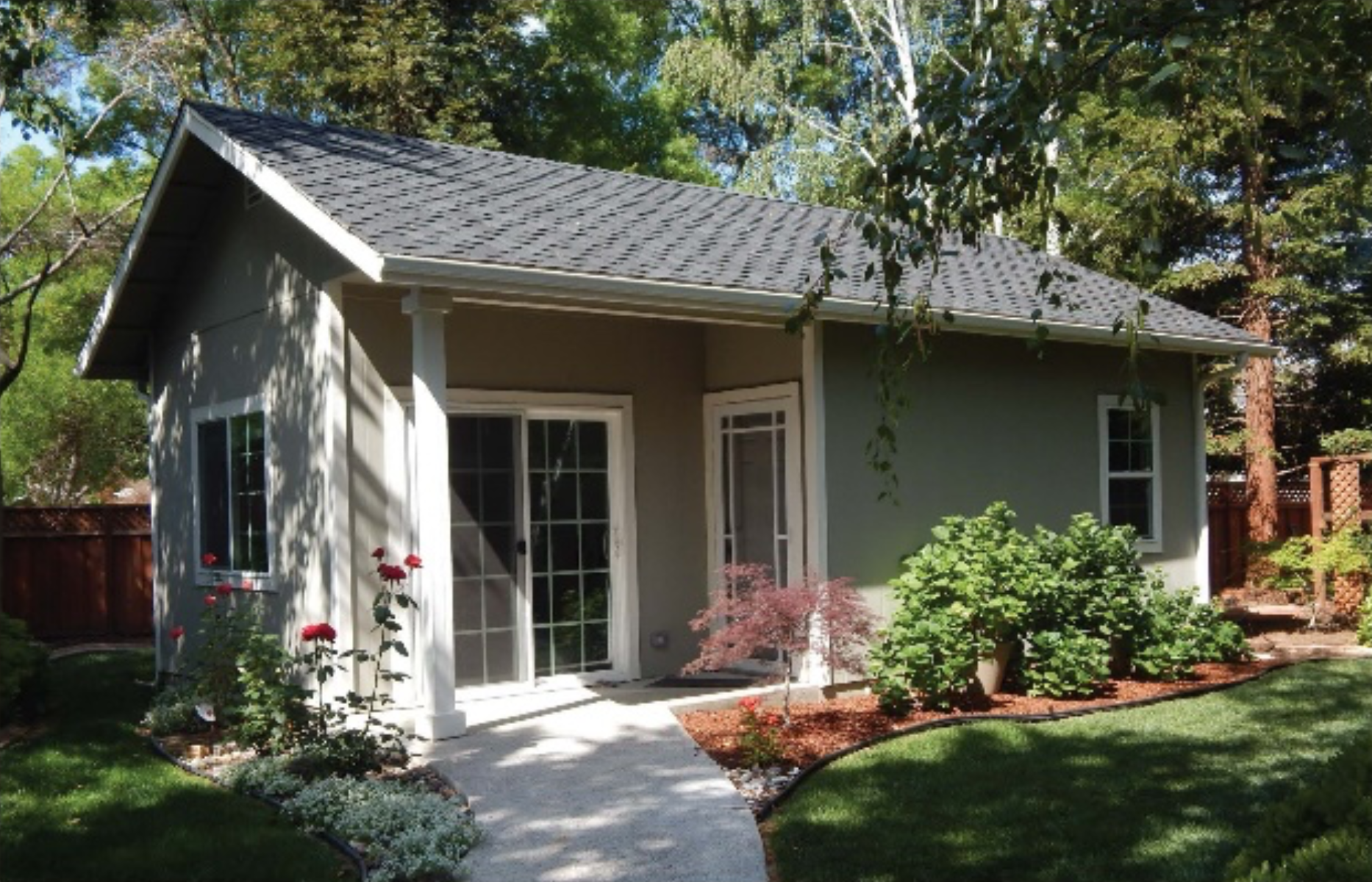Things to consider when adding an Accessory Dwelling Unit (ADU)
Posted by Tim Bray on

If you're a homeowner considering adding an Accessory Dwelling Unit (ADU) to your property, here are some things to consider:
1. Local regulations: Be sure to research the local regulations and zoning requirements in your area to ensure that you are allowed to add an ADU to your property. Some towns may have restrictions on the size, location, or appearance of ADUs.
2. Building codes: ADUs must meet the same building codes and safety standards as other residential units. It's important to hire a licensed and experienced contractor who can ensure that your ADU is built to code and is safe for occupants.
3. Financing: Adding an ADU to your property can be a significant investment. Consider the cost of construction and any…
959 Views, 0 Comments

